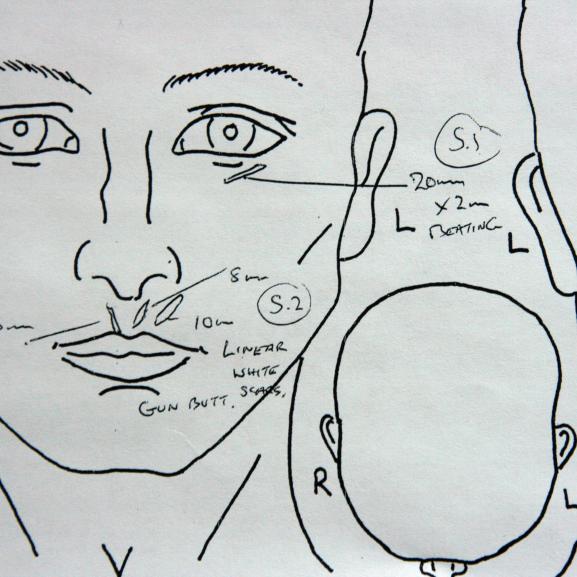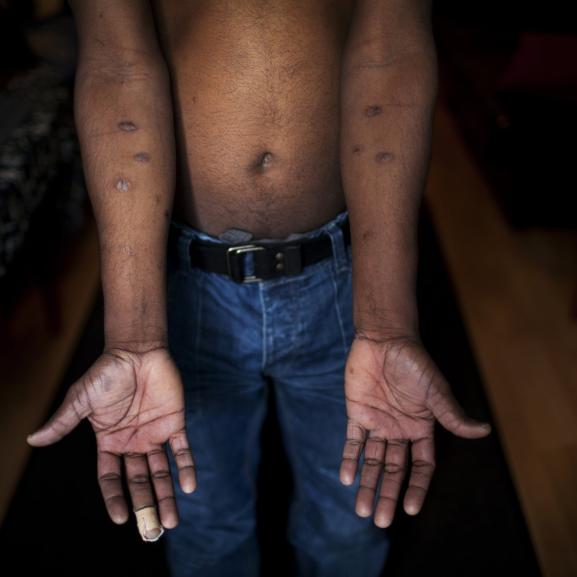European ruling upholds absolute ban on return to torture
A landmark ruling from the European Court of Human Rights reaffirming the absolute prohibition on returning people to countries known to practice torture has been welcomed by the Medical Foundation for the Care of Victims of Torture.
Nassim Saadi, a Tunisian national living in Italy, had faced expulsion to Tunisia where he was found guilty of terrorism-related offences and sentenced, in his absence, to 20 years imprisonment.
Saadi had insisted he would face torture on return to Tunisia. Yet, in calling for his deportation, the Italian government said Saadi posed a risk to national security and relied on assurances that Tunisia's legislation guaranteed prisoners' rights and that Tunisian authorities complied with international treaties and conventions protecting human rights.
The Court unanimously ruled that expulsion to countries where there is a serious risk of torture or persecution was in direct violation of Article 3 of the European Convention on Human Rights (prohibition of torture and inhuman or degrading treatment).
"The judgement represents an important step in upholding the overriding importance of human rights law," said MF Director of Policy & External Affairs, Leanne MacMillan. "The absolute ban on torture does not allow for any concessions by countries seeking to shelve their human rights obligations in favour of national security. Nor do assurances absolve returning governments of their responsibility to uphold rights, least of all where those assurances come from a country where torture is known to be widespread."
The UK government intervened in the Saadi case, seeking to limit the absolute prohibition on torture and ill-treatment by arguing that national security responsibilities should outweigh an individual's right to protection from torture. The Court rejected this argument, upholding the decision made in the 1996 case of Chahal v. United Kingdom.
Rejecting the UK government's argument, the Court said: "The prospect that [a person] might pose a serious threat to the community did not diminish in any way the risk that he might suffer harm if deported."
Click here to view the full European Court judgement.






